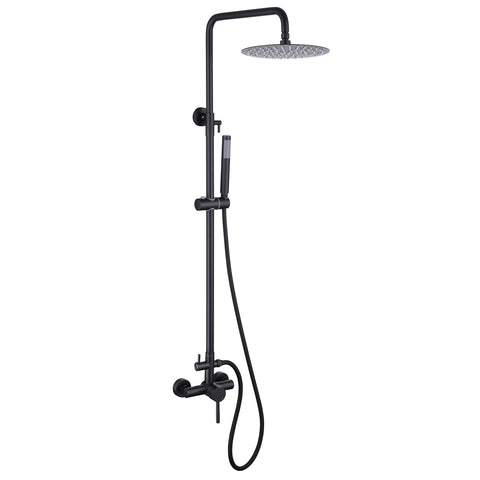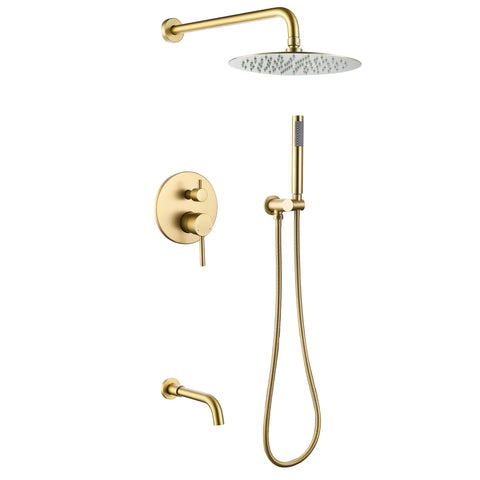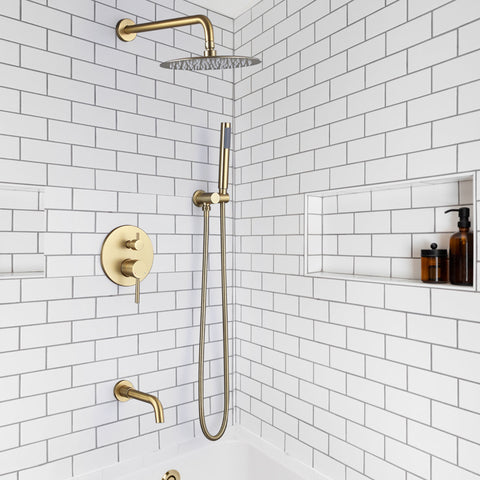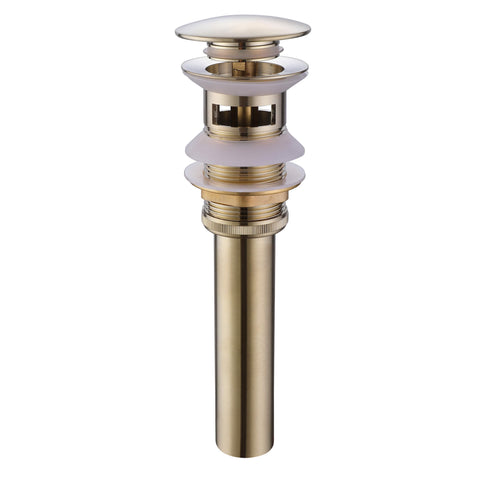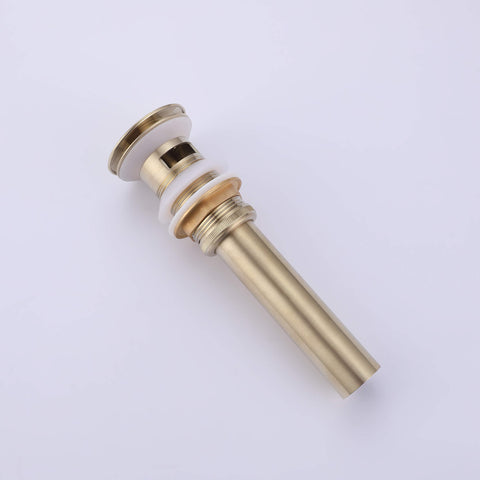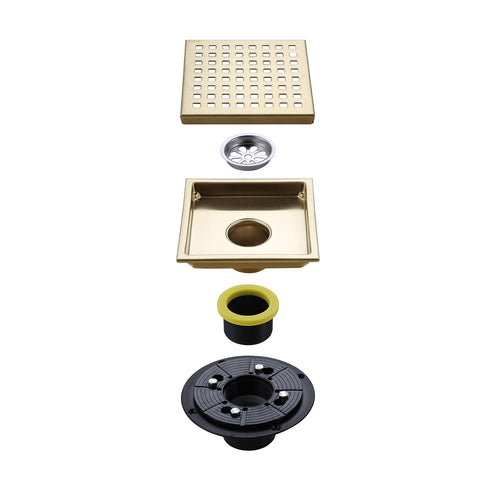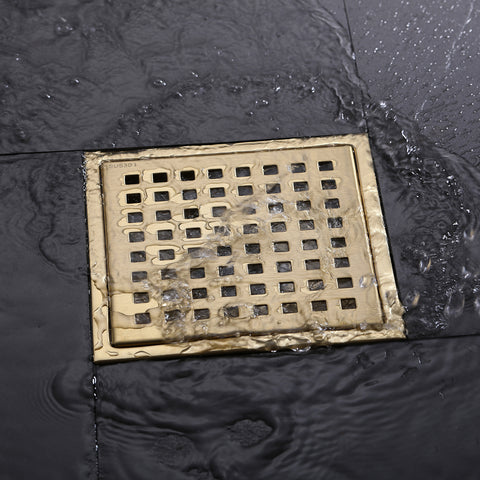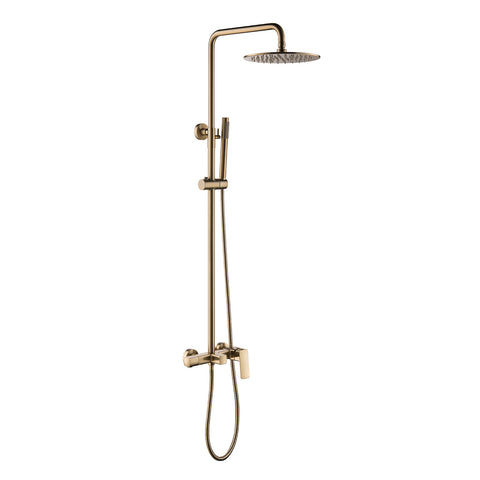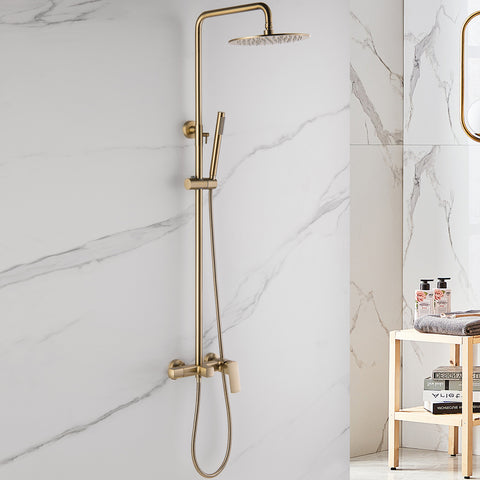Should You Replace Your Only Bathtub With a Shower? A Complete Guide
If you’re planning a bathroom renovation and your home has only one bathtub, deciding whether to replace it with a shower can feel like a big gamble. On one hand, a spacious, walk-in shower with a modern shower system promises everyday convenience and a sleek, updated look. On the other hand, removing your only tub means giving up the option of a long, relaxing soak. In this guide, we’ll walk through the key pros and cons so you can make a decision that supports both your lifestyle today and your home’s value in the future.

Pros of Replacing Your Bathtub with a Shower
1. Space-Saving and Practical Layout
A bathtub takes up a significant footprint, especially in smaller bathrooms. Converting it into a shower can instantly make the room feel more open and less cramped. A walk-in or corner shower:
- Frees up valuable floor space for storage, a larger vanity, or additional shelving.
- Improves traffic flow, making the room easier to move around in.
- Can be customized to fit awkward or narrow spaces where a traditional tub never fit perfectly.
2. Better Accessibility and Safety
Stepping over a high bathtub edge can be challenging—especially for seniors, people with limited mobility, or anyone recovering from injury. A walk-in shower with a low or zero-threshold base makes entering and exiting much easier. You can further enhance safety by adding:
- Grab bars for extra support while standing or turning.
- Slip-resistant tiles or shower trays to reduce the risk of falls.
- Bench seating for added comfort and stability during longer showers.
3. Improved Water Efficiency
Filling a bathtub typically uses more water than taking a standard shower. By switching to a shower, particularly when paired with a water-saving showerhead, you can:
- Reduce overall water consumption.
- Lower your monthly utility bills.
- Make your home more environmentally friendly without sacrificing comfort.
4. Modern Design and Customization Options
Showers offer a wide range of design possibilities that can instantly refresh a dated bathroom. From frameless glass enclosures to rain shower heads and thermostatic shower systems, you can tailor the look and feel to match your style. Popular upgrades include:
- Large-format tiles for a seamless, spa-inspired appearance.
- Built-in niches for shampoo, conditioner, and body wash.
- Dual shower heads or handheld sprayers for added flexibility.
Cons of Replacing Your Bathtub with a Shower
1. Potential Impact on Resale Value
One of the biggest concerns when removing the only bathtub is how it might affect your home’s appeal to future buyers. Many families—especially those with babies or young children—consider a bathtub a must-have feature. Without one, your home might:
- Be less attractive to buyers who prioritize a tub for bathing kids.
- Stand out negatively in markets where bathtubs are still considered standard.
- Require future owners to budget for another renovation if they want to add a tub back in.
2. Losing the Soaking and Spa Experience
A bathtub offers a relaxation experience that a quick shower simply can’t match. If you enjoy long, warm baths to unwind, read, or ease muscle tension, removing the only tub in your home could feel like a significant lifestyle downgrade. Even the most luxurious shower system cannot fully replace:
- The comfort of immersing your whole body in warm water.
- The ritual of a slow, spa-like soak with candles or bath salts.
- The option to use the tub for things like hand-washing delicate items or bathing pets.
3. Family and Guest Considerations
If you have children now—or plan to in the future—a bathtub can be extremely practical. Likewise, if you regularly host friends or relatives who might prefer or need a tub, removing it could limit their comfort. It’s worth asking:
- Do you or your family rely on the tub for kids’ bath time?
- Do older family members or guests enjoy soaking baths?
- Would anyone in your household miss having the option of a tub?
4. Renovation Complexity and Cost
Converting a bathtub into a shower is more than a simple swap. Depending on your bathroom’s layout and existing plumbing, you may need:
- Plumbing adjustments to move drains or supply lines.
- New waterproofing layers and shower bases to prevent leaks.
- Professional tiling, glass installation, and possibly permits.
All of this can add up quickly. While the end result is often worth it, it’s important to plan your budget carefully and get quotes from trusted contractors before making a final decision.
How to Decide What’s Right for Your Home
There’s no one-size-fits-all answer. The “right” choice depends on how you actually use your bathroom and what you expect from your home in the next 5–10 years. Ask yourself:
- Do you take baths regularly, or is the tub rarely used?
- Is accessibility a growing concern for you or your family members?
- Are you renovating primarily for your own comfort, or with resale in mind?
- Could you add a tub in another bathroom in the future if needed?
If showers already make up the majority of your routine and you crave a more open, modern, and accessible space, investing in a high-quality shower system may be the best move. If, however, you love soaking baths or anticipate selling your home soon in a family-oriented market, keeping the tub—or opting for a shower-over-tub solution—might be the wiser compromise.
Conclusion
Replacing your only bathtub with a shower is a big decision, but it doesn’t have to be a stressful one. By weighing the benefits—such as improved accessibility, water efficiency, and a more modern look—against the potential drawbacks like resale impact and loss of soaking comfort, you can choose an option that truly fits your lifestyle.
Whether you ultimately keep the tub or upgrade to a contemporary shower system, the most important thing is that your bathroom feels functional, comfortable, and aligned with how you actually live. A thoughtful renovation will not only enhance your daily routine—it can also add real, lasting value to your home.
